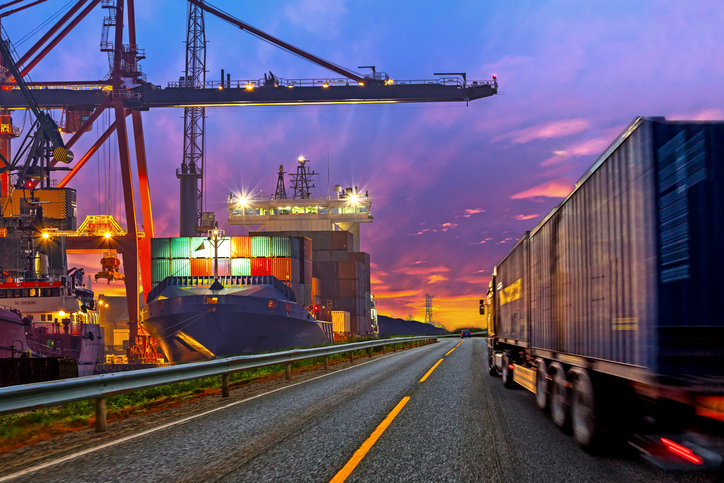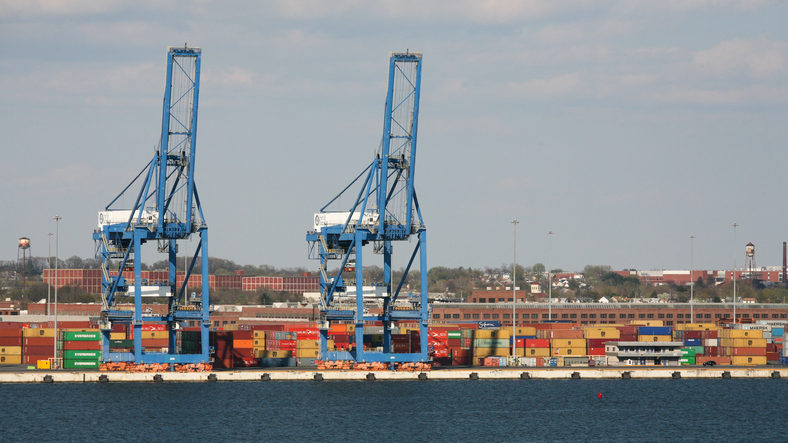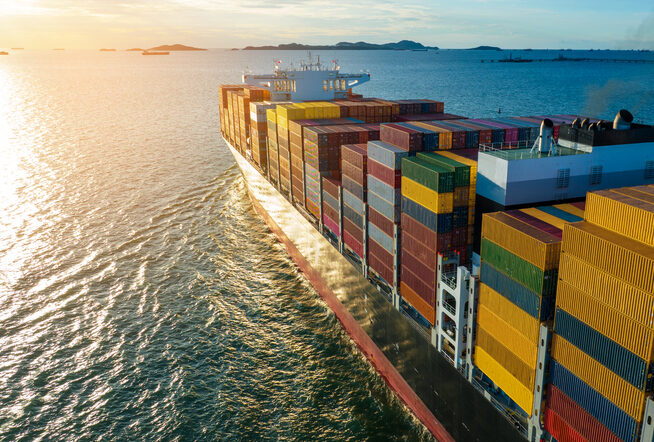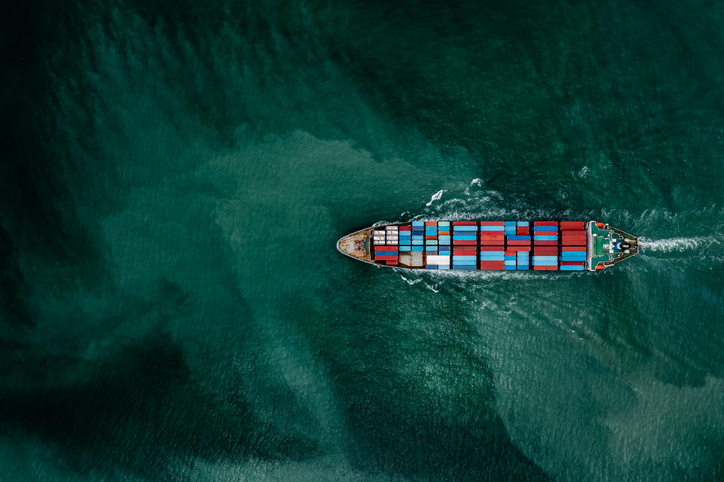
The Weekly Roar
In this week’s Roar: Preparing for another strike, FMC demands, surging container shipping profits, the world’s largest methanol-powered container ship and regulating autonomous heavy trucks.
 Another potentially large port strike looms, only this time on the East and Gulf Coasts. And once again, we’re reminded of how vulnerable the supply chain is in the face of this type of disruption. There will be economic ramifications and a ripple effect throughout manufacturing and logistics. With that in mind, it’s important to have contingency planning in place to mitigate the risk that labor disputes pose.
Another potentially large port strike looms, only this time on the East and Gulf Coasts. And once again, we’re reminded of how vulnerable the supply chain is in the face of this type of disruption. There will be economic ramifications and a ripple effect throughout manufacturing and logistics. With that in mind, it’s important to have contingency planning in place to mitigate the risk that labor disputes pose.
The U.S. Federal Maritime Commission is demanding more information from shipping alliances — specifically 2M, Ocean Alliance, and The Alliance. Over the last several years, freight rates have increased by more than 10 times for spot cargo, and container lines have faced allegations of racketeering. In the past year alone, according to Drewry, the spot freight rate average for Shanghai to Los Angeles was up 64% year-on-year. The FMC requires that alliances provide more details on their pricing structures and capacity management.
Container shipping companies saw a significant surge in profits in the second quarter of 2024, nearly doubling from the previous quarter to over $10 billion. The growth was driven by record container volumes and higher freight rates, partly due to divergence in the Red Sea. Overall, the global shipping markets saw an all-time high in container volumes, especially in the US, as businesses stocked up in response to potential terrorists and labor strikes. However, profits still remain below the peaks seen during the pandemic.
The Antonia Maersk, the world’s largest methanol-powered container ship, has begun sailing a route between the Port of Gothenburg and Asia. The ship is part of the 2M shipping alliance and is just one of several methanol-powered ships being introduced by Maersk. It has a cargo capacity of 16,592 TEU, but more importantly, while it’s in operation, it can reduce carbon dioxide emissions by 280 tons daily.
California has produced a draft framework to regulate autonomous heavy trucks, outlining a two-step permitting process. The framework will allow trucks over 10,001 pounds to operate on specific routes and will require manufacturers to obtain permits for the testing and deployment phases. They’ll also need to submit a safety case for each permit application, although there are some exclusions, including the transport of hazardous materials.
For the rest of the week’s top shipping news, check out the article highlights below.








